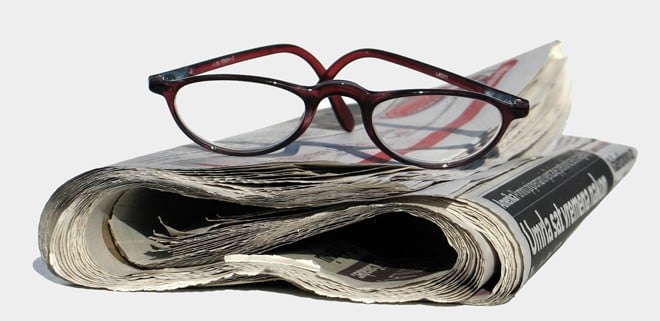

How simple were the gone days when people would raise pigeons to carry messages across towns or to friends and family houses. Imagine about a world where Roman officials used a postman and relay of horses to carry a letter 500 miles in 24 hours. From puckering up to smoke signals, from drum-beating to drawing pictures, from subscription based hand-written news to Gazettes, from print media to electronic media which is now followed by the social media, it is a long story of evolution behind the concept of journalism.
Media is now regarded as a mentor of any society that speaks out against the misuse of power, points out any injustice and guards the right of a common man against any oppressive force in a society. It does not only publish the news but serves as the voice of the general opinion of the people from different classes of a society.
In a civilised society, it is a perfect check on administrations which are less responsible, the judges who are corrupt in their decisions and the law and enforcement agencies which lack in their performance.
I have been reading the local newspapers for the last 15 years and I am witness to many developments that gradually helped the local media to start controlling the course of social and political events. It specially happened during the last ten years when media in Pakistan started growing vigorously as an industry with the boom in electronic media followed by social media. In the past, only the educated sector of our society, while relying on print media, was capable of discussing the current affairs due to absence of electronic media. Majority of the populace either had no interest in political and social affairs or they used to rely on the updates from PTV, which from the day of its inception is convincing its audience to follow the government viewpoint.
However, the rise of the electronic media and internet offered an easy access to information to almost everyone in the country. Despite all of its lenient and irresponsible behaviour, it immediately became a source of information for our society, where the majority was already suffering from a number of social, political and economic problems. Gradually, it became so powerful that now it is a general perception in our society that that people controlling the press are in reality governing the country.
Today, sensationalism and thrill are the part and parcel of news with malicious propagandas that is against the noble aim of journalism. Unfortunately, most of our anchors and columnists do not render any service to the nation, rather they are more focused on convincing their audience/readers about their own faiths and the situation becomes terrible in the absence of a proper check and balance system. Though they bring us the news, they are often quite biased in their views. The worst part is the fact that a common man, who is completely impressed by these faces after watching them regularly on his television screen, start believing in whatever they say. As a result, this gradual shift from self and critical thinking to blind following has reduced the people’s ability to properly analyse the situation.
Sensational news that play with the emotions of people and selling what a common man wants to buy is not the purpose of journalism. Now it is the high time for Pakistani media to learn on how to perform as a mature, free, independent and productive institution for a country like Pakistan which is in the early stage of democratic development. It should be less commercialised, should follow the standard regulation, ethics and code of conduct. Journalists should be made more professional through capacity building training. The general practice followed by the majority of our media persons to impose whatever their opinion is, should be monitored under a proper code of conduct and regulations. The trend to overlook the thin line between facts and fiction should be stopped.
Freedom of speech is the right of every one but it should be within reasonable limits of ethics and justice. This cannot be a decision made by a few but has to be made by many after threadbare consultations. I’m ending it here by quoting Marina Abramovic, a New York-based performance artist, who once said: "The function of the artist in a disturbed society is to give awareness of the universe, to ask the right questions, and to elevate the mind" and "I think modern technology is one of the worst things human beings have invented."